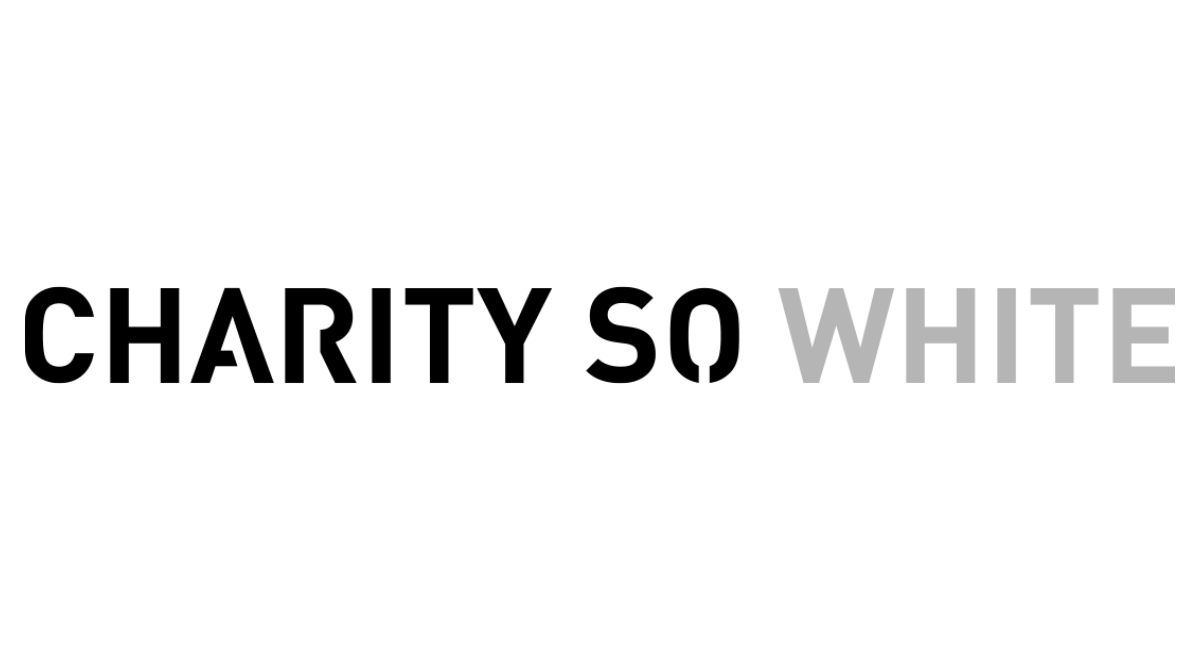My love-hate relationship with International charities #IntDevSoWhite
Nothing has struck me more than the reality check I was recently given during a debate on fighting racism in international development. Excitedly reading the amazing things people were doing to eradicate inequality, I found myself constantly reflecting over this one statement:
“International development is a remnant of colonialism and is based on the concept of white saviour-ism. [What’s the point in] demanding equality with your saviours. They are there to make you civilized by condescendingly bossing you around and teaching you a bunch of useless and imported skills that are, most probably, inapplicable to your regions' culture and community, and you should be thankful!”
I couldn’t help but wonder if this individual, though cynical, was somehow right? There is a disproportionate amount of aid workers from privileged backgrounds, who can afford to volunteer indefinitely and work their way up to front line positions. This leads to the detached reality of international development today and makes me wonder, for an industry founded on the notion that those in Africa, for example, need “saving”, why should I expect anything else, why should I expect equality in an industry that assumes my incompetence.
My own research revealed that if you are Black, you are 6 times less likely to get a paid job in the industry then someone who is white, even with the same qualifications (Asante 2019:9). As a result, those few are left with the feeling of being an “other” amongst colleagues. I am not immune to this feeling, I recall being communicated with as if I don’t speak English, interviewers walking past me in corridors looking for “Claire”, being introduced to, I quote, “rich white men” despite growing up in London. It’s disheartening to dedicate a large proportion of your time to an industry that rejects those who reflect the communities that the international development industry seeks to serve.
I truly believe, however, that all is not lost, if #CharitySoWhite and #Black Lives Matter have taught me anything, it’s to not accept the status quo. International development though may have started with the concept of white saviourism and is still heavily saturated with the concept of “the west teaches the rest”, doesn’t have to continue this way. Let us challenge the international development sector to own up to its failures and embrace diversity, adopt name-blind recruitment for paid roles, work with the government to create sustainable careers for all.
As a teenager, I had a great sense of pride watching the Secretary-General of the United Nations, Kofi Annan as a key player in the international political arena. Not only was he Black, but he was also Ghanaian; he made me believe that if I work hard enough, anything is possible, there is so much to love about a career that ultimately seeks to make the world a better place.
The conflict of my love-hate relationship with an industry I’ve pursued over half of my life will remain, as it should. One thing I’m inspired about is that the international development industry is waking up. It must change, change the way it recruits, who it recruits, and what the industry stands for, resisting this change ultimately makes it ineffective.
About Claire Assante:
Experience of working in the UN, EU and international development charities. Claire is currently work for central government with an active role in Social Mobility programmes and has an interest in public policy and advocating for diversity in the international development sector.
Follow Claire on Twitter: @DevelopmentPays
